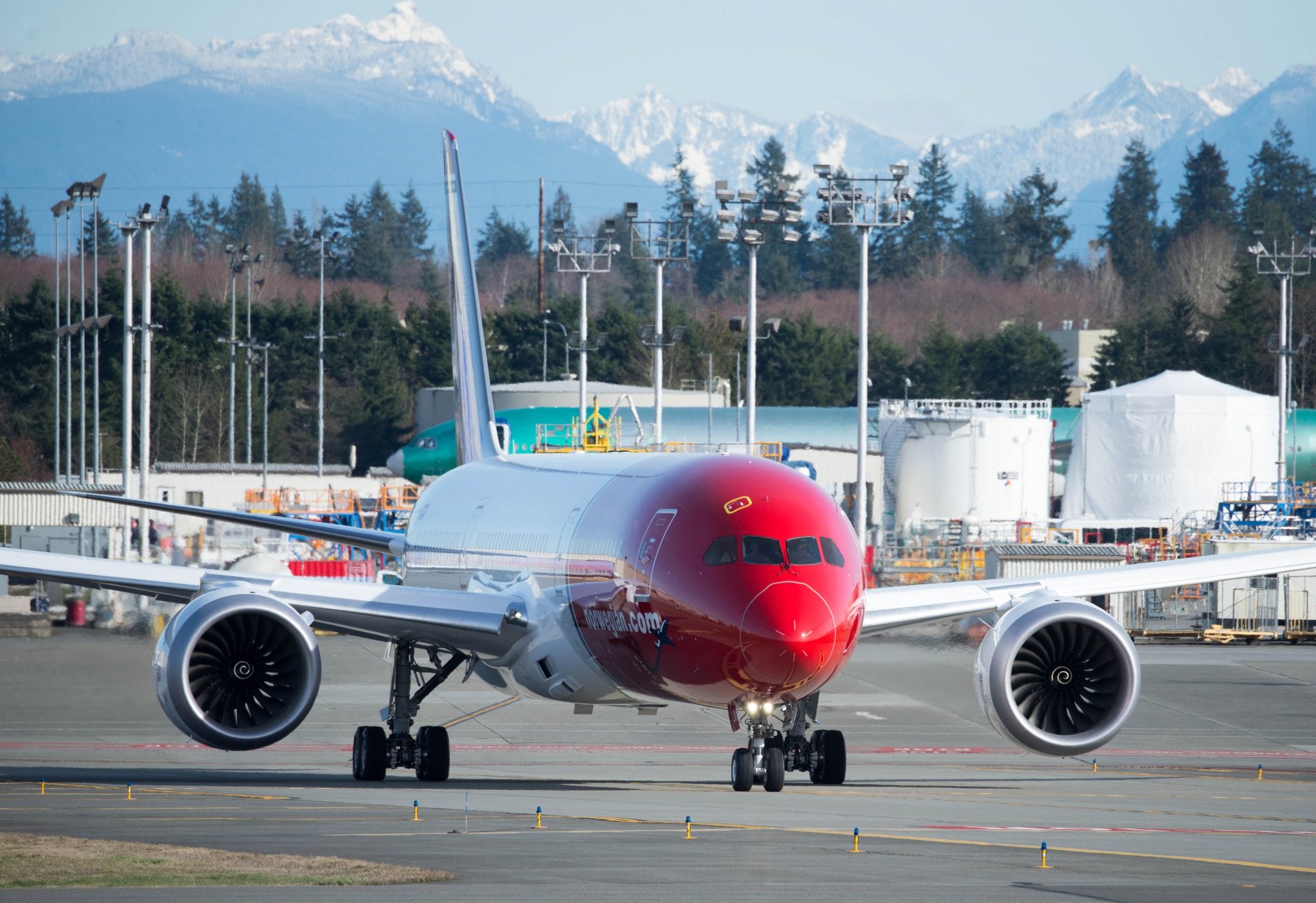Ryanair Fights With Booking Sites Even as It Tries to Imitate Them

Skift Take
Ryanair has little hope of becoming a Booking.com or Expedia but it could find new revenue streams if it convinces other airlines to enable it to sell their flights on Ryanair's sites.
Ryanair doesn’t love online travel agencies. It tolerates them, and is once again going after them.
But, in a twist and in a bid to become more comprehensive, the Irish airline is taking steps, online travel agency-like, to convince other airlines to allow their flights to be sold on Ryanair sites.
Over the years the Irish airline has been embroiled in all manner of arguments with various companies, including eDreams Odigeo and Google, for abetting the practice it hates most: screen-scraping. That's a practice where third-party websites lift information from an airline website, for example, without any sort of cooperative technical integration or contract.
At the same time, Ryanair has been touting itself as the “Amazon of air travel” in an attempt to try and wrestle back some of the control airlines have handed to travel’s middlemen by becoming one itself.
The company's chief marketing officer, Kenny Jacobs, has been at the forefront of many of the changes that have taken place at the company since joining in 2014.
He believes that airlines and the hotels missed the opportunity offered by the Internet back in the 1990s and 2000s, allowing online travel agencies, to seize the advantage. Now,
